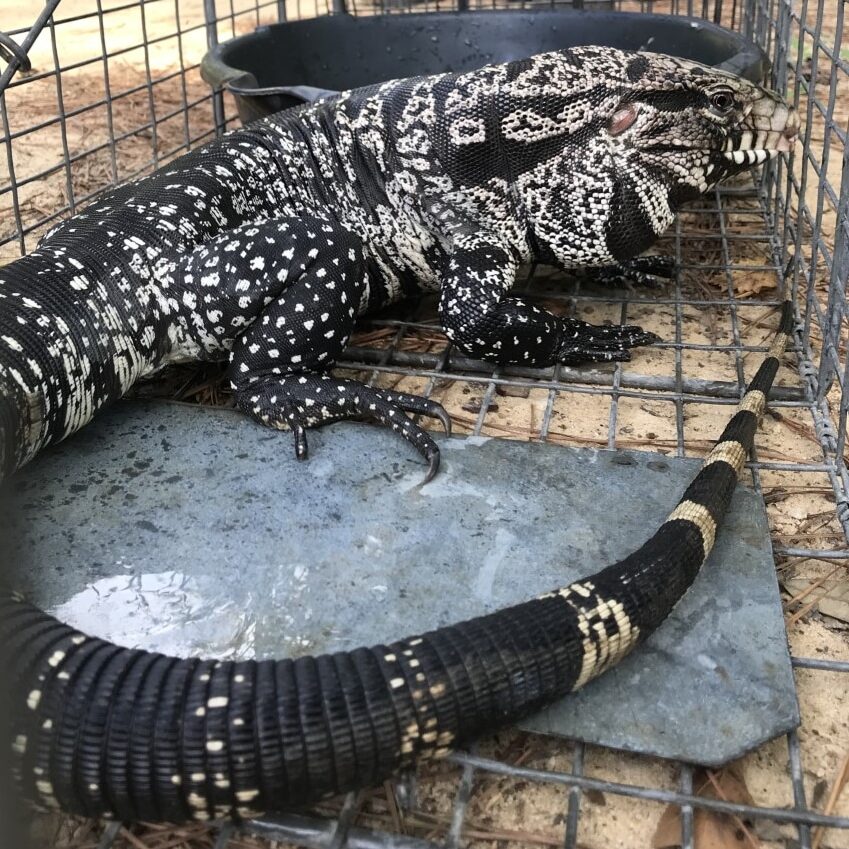If you’ve noticed an uptick in the number of robocalls, phone scams, and spoof numbers calling your phone, you are not alone. The problem has gotten so out of hand that Georgia a coalition of 41 other states have joined together to ask the FCC to take action quickly.
The Gist: Several state governments are banding together to urge the FCC to adopt new rules on enforcement against caller ID spoofing on calls to the U.S. originating from overseas, while also addressing spoofing in text messaging and alternative voice services. These provisions are included in the FCC appropriations authorization bill also known as the RAY BAUM’S Act of 2018.
The coalition also offered its continued support of a proactive, multi-pronged approach to battle the noxious intrusion of illegal robocalls, as well as malicious caller ID spoofing in voice, alternative voice, and text message services.
The Problem: Although not all robocalls are illegal — you may want to receive robocalls from your child’s school or your doctor’s office — it is no coincidence that the number of robocalls is exploding at the same time there is a similar explosion in scams perpetrated via telephone. The exponential growth in unlawful scam robocalls is putting more and more of our vulnerable populations at risk.
The explosion comes just as millions of baby-boomers are reaching age 70 and above, which makes them a prime target for phone scams.
The Numbers: According to Georgia Attorney General Chris Carr, 47.8 billion robocalls were made in the U.S. in 2018, a 56.8 percent increase over 2017. Of these 47.8 billion total estimated robocalls, 37 percent were scams related to health insurance, student loans, easy money scams, tax scams, travel scams, business scams and warranty scams.
The FCC similarly reports that imposter scams — including bad actors falsely representing that they are with the government, romance scams, and technical support scams — were the most common consumer complaint in 2018, resulting in $488 million in consumer losses, a 48.7 percent increase over 2017.
Which states are involved?: The coalition includes the following states: Arizona, Arkansas, California, Colorado, Connecticut, Delaware, District of Columbia, Florida, Georgia, Idaho, Illinois, Indiana, Iowa, Kansas, Kentucky, Louisiana, Maine, Massachusetts, Michigan, Minnesota, Mississippi, Montana, Nebraska, Nevada, New Hampshire, New Jersey, New Mexico, New York, North Carolina, North Dakota, Ohio, Oklahoma, Oregon, Rhode Island, South Carolina, Tennessee, Utah, Vermont, Virginia, Washington and West Virginia.
Disclosure: This article may contain affiliate links, meaning we could earn a commission if you make a purchase through these links.






